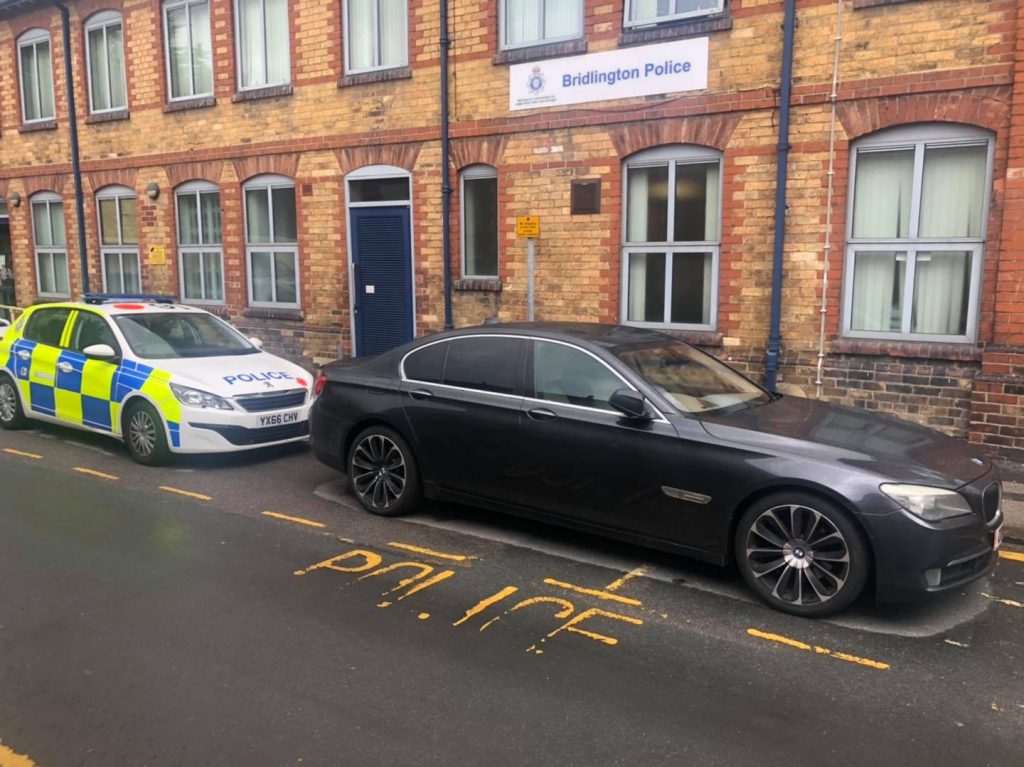A DoLS authorisation, typically granted under the Mental Capacity Act 2005, permits the lawful deprivation of liberty for an individual who lacks capacity, provided it is in their best interests and is the least restrictive option available.
In these cases:
✅ Mechanical restraints (e.g. handcuffs) may be used where risk-assessed, proportionate, and necessary to prevent harm.
✅ Physical intervention may be used, but must always be:
The least restrictive option
Proportionate to the presenting risk
In line with the person’s care plan or a Best Interest decision-making process
✅ Our SIA-licensed staff are trained in lawful, safe, and accountable intervention methods.
🚫 Without a DoLS Authorisation
In the absence of DoLS, no lawful deprivation of liberty can occur—unless other legal frameworks apply, such as:
The Mental Health Act
Police powers
Urgent safeguarding provisions
In these scenarios:
🚐 Transport must be non-restrictive, unless there is an immediate need to prevent serious harm.
✋ Physical intervention may only be used under Common Law (doctrine of necessity or self-defence):
Actions must be reasonable and proportionate
Mechanical restraint must only be used in genuine emergencies with clear documentation and safeguarding rationale
📋 Every incident is carefully recorded and reviewed, with consideration given to whether a DoLS or alternative legal safeguard should now be in place.

🔒 Our Safeguarding Standards
All UK Care secure transport services are delivered in compliance with:
✅ SIA licensing requirements
✅ Care Act 2014 safeguarding principles
✅ Mental Capacity Act 2005 – including the five key principles
✅ Guidance from the Restraint Reduction Network and NICE where relevant
Collaboration with placing authorities is central to our process. We engage early with care coordinators to ensure all interventions are lawful, proportionate, and in the best interests of the person being transported.

